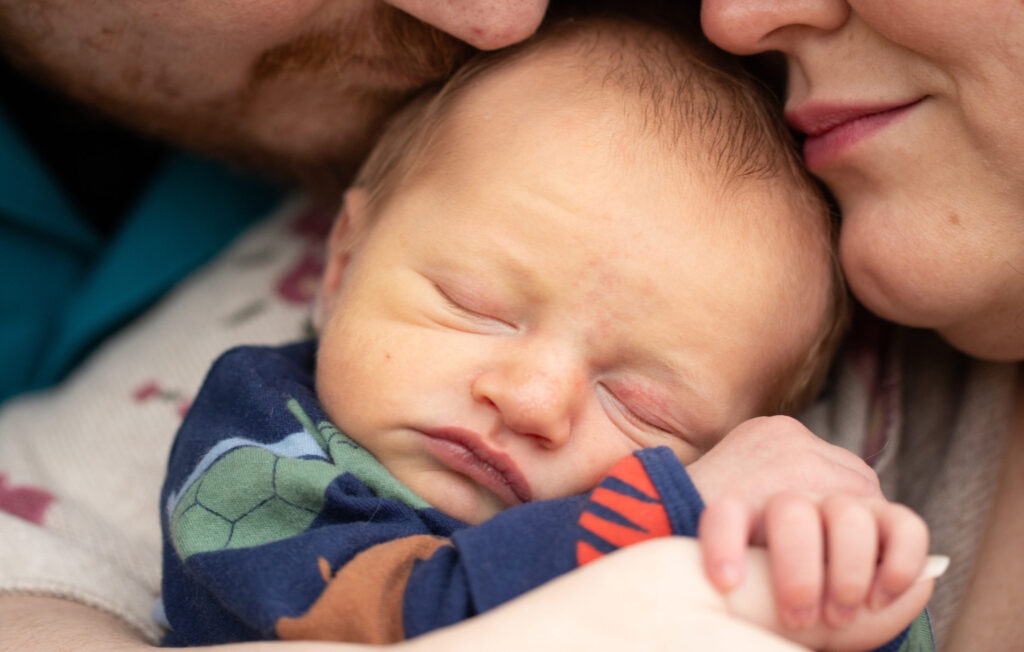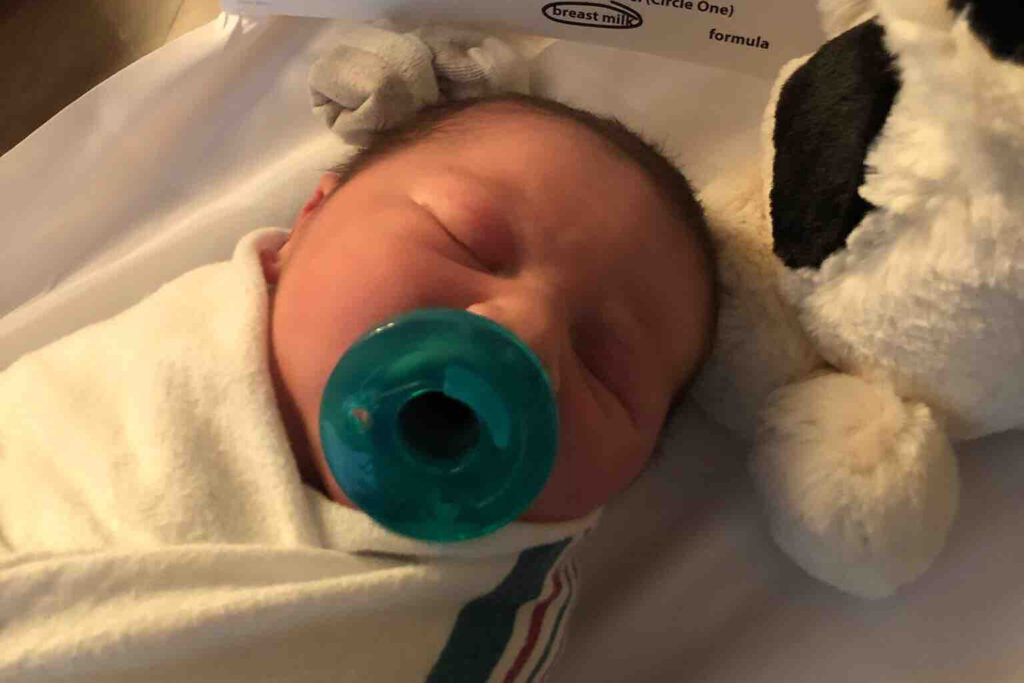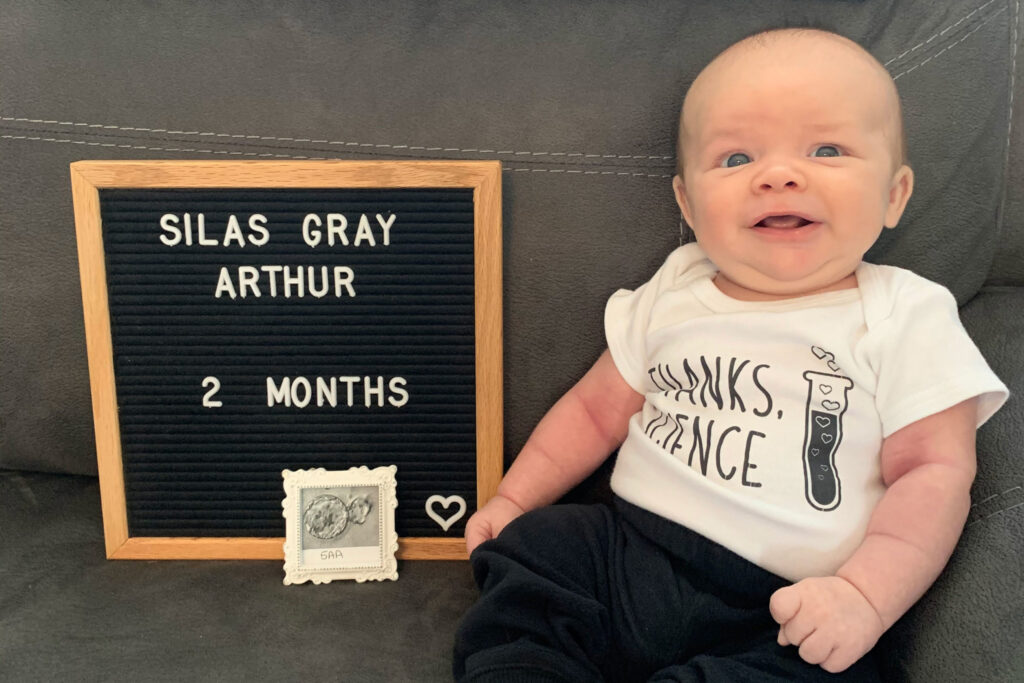Find answers to the question, who needs fertility surgery?
 The doctors at our Tennessee fertility clinic often have to explain who needs fertility surgery. Many circumstances can make a hopeful mother a good candidate for this type of procedure.
The doctors at our Tennessee fertility clinic often have to explain who needs fertility surgery. Many circumstances can make a hopeful mother a good candidate for this type of procedure.
Discover who needs fertility surgery
A woman might need fertility surgery if the specialists at our Tennessee fertility clinic can’t find a cause for her fertility challenges with evaluations like an ultrasound or bloodwork. She could also be a candidate if she has a condition that our specialists commonly treat with surgery. There are numerous issues we can evaluate and treat this way.
Endometriosis, which occurs when tissue that normally lines the inside of the uterus grows on structures outside the uterus, can be difficult to diagnose. It’s especially hard to diagnose when the woman doesn’t have the common symptoms, like heavy and painful periods. Because of this, we often use surgery to evaluate this condition. Sometimes, the fertility doctor can also perform effective treatment during the surgical evaluation.
The answer to the question who needs fertility surgery also includes women who might have uterine and pelvic issues. Fertility surgery can help diagnose and treat ovarian cysts, fibroids, polyps, adhesions and congenital anomalies of the pelvic organs.
Fallopian tube blockages, damage or disease can be treated with fertility surgery. These issues can prevent the sperm from reaching the egg, or they can keep the fertilized egg from reaching the uterus. Surgery can be effective at locating the source of the issue and addressing it.
The doctors at our Tennessee fertility clinic help patients determine whether surgery is the best solution to their fertility challenges.
The most common types of fertility surgery
The most common forms of fertility surgery are laparoscopy and hysteroscopy. These options are minimally invasive outpatient procedures that use a narrow telescope with a camera on the end. The camera transmits images to a screen where the surgeon can analyze the woman’s pelvic organs.
Hysteroscopy. This surgery allows a doctor to evaluate the uterus. It involves the doctor inserting the telescope through the woman’s vagina and cervix. This surgery can help a woman receive a diagnosis and treatment for a uterine septum, polyps or fibroids.
Laparoscopy. A doctor usually utilizes laparoscopy to evaluate, and sometimes treat, endometriosis, scar tissue or fibroids. The doctor introduces the telescope through a small incision in the patient’s belly button, while she is under general anesthesia. A two- to three-day recovery usually follows.
If you’ve been wondering who needs fertility surgery, the skilled team at our Tennessee fertility clinic can help you find answers. They can also help bypass any fertility challenges you might be experiencing. Contact us to learn more about fertility surgery.







